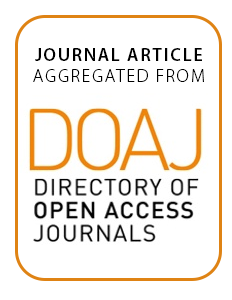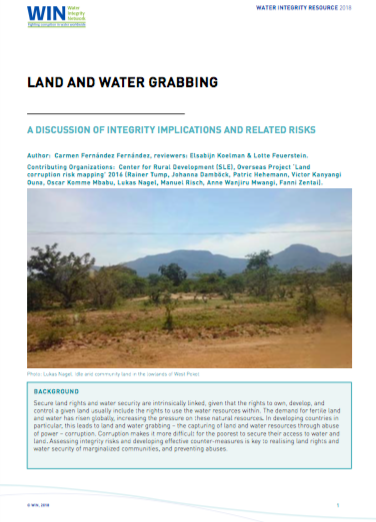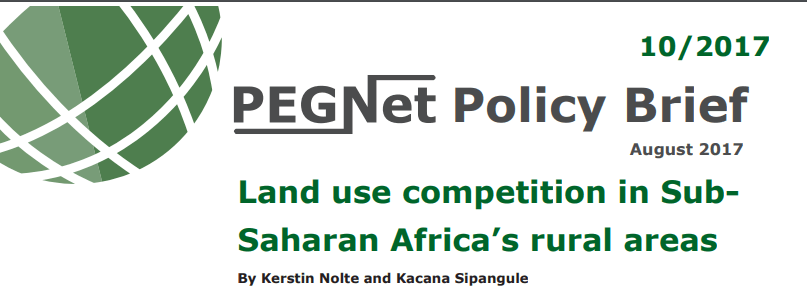An optimization technique for cropping patterns and land consolidation: A case study for irrigation network
During the past few decades, there has been growing interest in water resources management. Presently, there are many areas in middle east facing with shortage of water for agricultural activities. Therefore, there is a growing concern to have efficient usage of water through optimization techniques. This paper presents a study to maximize famers’ revenue by developing a mathematical model subject to some land and water constraints.








